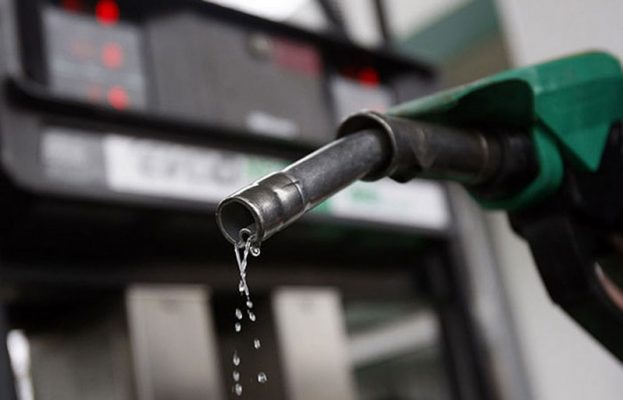By Miracle Ogunde
Discussions on the plan to end petrol import into the country is currently ongoing between the Nigerian National Petroleum Company Limited and major oil marketers.
The move, as learnt by Starnews NG is solely aimed at focusing on reliance on petrol supply by the Dangote Refinery.
At a meeting organised by the NNPCL Group Chief Executive Officer, Mele Kyari, and the Nigerian Midstream and Downstream Petroleum Regulatory Authority, representatives of the Major Oil Marketers Association of Nigeria, Depot and Petroleum Products Marketers Association of Nigeria, and key stakeholders among others were in attendance.
It was gathered that the NNPCL has increasing confidence in the ability of Dangote Refinery’s to meet the nation’s domestic fuel demand, hence, the need to stop fuel imports.
According to a source who spoke anonymously to newsmen, the discussion was still ongoing on the plan, stressing that some stakeholders needed to be carried along in the discussion before an agreement could be consummated.
He said, “To the best of my knowledge, that discussion has not been concluded. The information in circulation was leaked. Until the issue has been discussed and everyone has agreed, we can announce it.
“Some stakeholders were not at the meeting but had to be carried along. So, until all of them have agreed to the communique then we have a deal.
“Yes, the meeting took place but there were some points highlighted and agreed upon, so we have to make sure everything is in sync. There are issues to be agreed with all the local refineries. So, once they agree with the terms, then we would come back to the table and finalise the discussion.”
Another official in attendance stated, “NNPCL emphasised that going forward, no marketer would be permitted to import petrol without specific clearance tied to Dangote’s capacity”.
The decision, while strategic, has sparked unease among oil marketers.
Stakeholders raised concerns about Dangote Refinery’s ability to reliably supply the market and maintain consistent distribution across Nigeria’s expansive network.
Despite its capacity, marketers questioned whether the refinery’s production and logistical systems were adequately prepared to handle the country’s fluctuating demand.
Another contentious issue discussed at the meeting was the payment structure proposed by Dangote Refinery.
Unlike the traditional importation system, where marketers settle payments upon product arrival at depots, Dangote insists on advance payment from marketers.
This shift has raised concerns about cash flow and operational feasibility for smaller players in the downstream sector.
A stakeholder highlighted, “Paying upfront significantly increases financial pressure on marketers, particularly those with limited capital. For decades, we’ve operated on a post-delivery payment model, which aligns better with our liquidity cycles.”







Leave a Reply